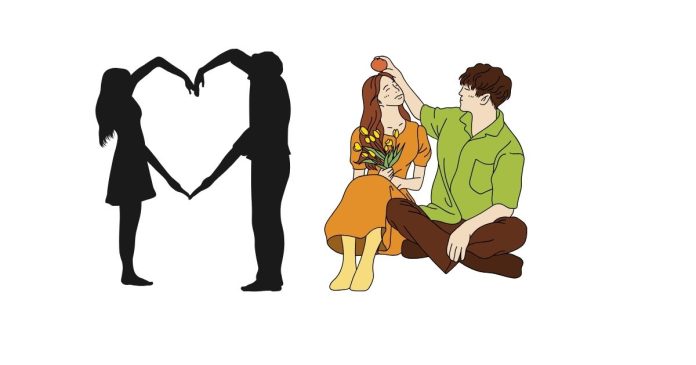The phrase “I love you” can be interpreted differently depending on the context in which it’s used and the relationship between the people involved. Here’s how it can differ in platonic versus romantic contexts:
Platonic “I love you”:
- Meaning: This expression is often used to convey deep affection, care, and admiration for a close friend or family member. It’s not associated with romantic or sexual attraction but focuses on a strong bond of friendship or familial love.
- Tone: The tone is supportive, caring, and nurturing, emphasizing emotional connection without romantic implications.
- Example: A person might say “I love you” to a best friend, sibling, or parent, showing appreciation for their presence and support in their life.
Romantic “I love you”:
- Meaning: In a romantic relationship, saying “I love you” carries a deeper emotional connection that involves both affection and attraction. It often implies a desire for a long-term, committed partnership that may include physical or sexual elements.
- Tone: The tone is more intimate and passionate, signaling a deep personal commitment that transcends just friendship or family ties.
- Example: A partner might say “I love you” to express romantic feelings and a desire to grow together in a relationship.
In short, while both forms express affection, platonic love focuses on friendship and familial bonds, while romantic love signifies a deeper, more intimate relationship.



